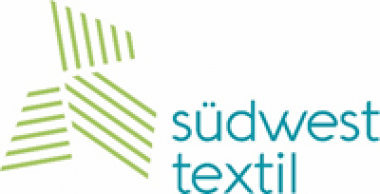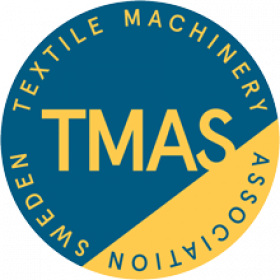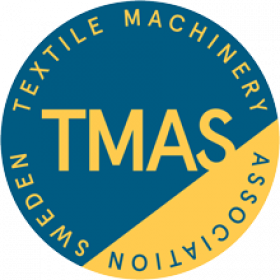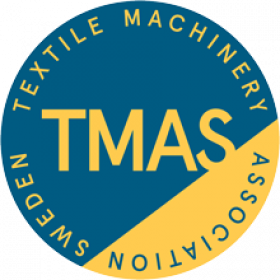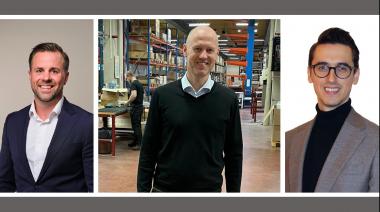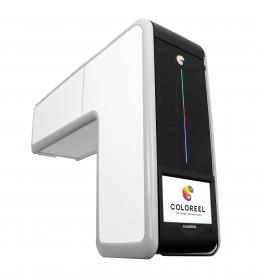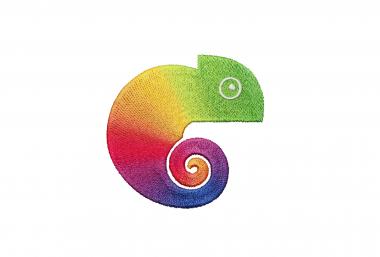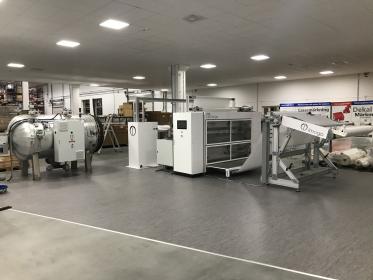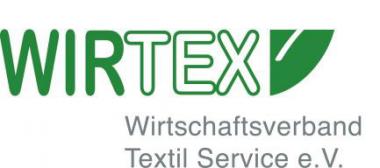bvse gegen Sonderregeln für chemisches Recycling
Der bvse begrüßt, dass die EU-Kommission beim Chemischen Recycling als Massebilanzverfahren „polymers only“ anstatt „fuel exempt“ festschreiben will. Damit werde verhindert, das Chemische Recycling (CR) deutlich besser zu stellen wird als das Mechanische Recycling (MR).
„Wir sind gegen Sonderregeln für das Chemische Recycling beim Einsatz von Recyclingmaterial. Um gleiche Wettbewerbsbedingungen zwischen dem Mechanischen Recycling und dem Chemischen Recycling zu schaffen, ist es unerlässlich, dass alle Vorgaben zur Berechnung des recycelten Anteils eines Abfallstroms technologieneutral sind und ein Höchstmaß an Rückverfolgbarkeit gewährleisten“, erklärte Dr. Herbert Snell, Vizepräsident des bvse-Bundesverband Sekundärrohstoffe und Entsorgung.
Vor allem mittelständische Unternehmen hätten seit 30 Jahren ein stabiles, überwiegend mechanisches Recycling aufgebaut, das ökologisch und ökonomisch vorteilhaft Kunststoffe im Kreislauf hält. Nur durch eine faire Berechnungsmethode, die Input und Output bilanziere, könne der Fortbestand des mechanischen Recyclings gesichert werden, so Snell.
Für die Bilanzierung und den Nachweis des mechanischen Recyclings sind in Deutschland die Vorgaben der ZSVR – Zentrale Stelle Verpackungsregister mit den PLL – Prüfleitlinien für den Mengenstrom- und Verwertungsnachweis bestimmend. Gemäß der Vorgaben der PLL testieren akkreditierte Sachverständige den Mengenstrom in die Verwertungsanlagen; hierfür sind spezifische Testate der Vorbehandlungs- und Verwertungsanlagen notwendig.
Die jetzt vorgeschlagene Methode des „polymers only“ führe dazu, dass beim Chemischen Recycling tatsächlich nur diejenigen chemischen Bausteine bilanziert werden, die auch für die Herstellung von Polymeren eingesetzt werden.
bvse-Experte Dr. Thomas Probst: „Durch diese Bilanzierung, dem „polymers only“, wird beim Chemischen Recycling ein Green Washing verhindert.
Bei dem Modell „fuel exempt“ wären hingegen alle chemischen Bausteine, allerdings mit Ausnahme der Anteile der Energiegewinnung, für das Recycling anerkannt worden. Das wäre nach Aussage von Dr. Thomas Probst „grob unfair“, da ein Großteil der erzeugten Zwischenprodukte des Chemischen Recyclings gar nicht für eine Polymersynthese geeignet sind. Auch die Umwelt gewinnt durch das Modell „polymers only“, da hier deutlich mehr Kunststoffabfälle prozessiert werden müssen, um gleiche Mengenanteile an zugeordneten Recyclatanteilen wie beim „fuel exempt“ darzustellen.
Beim Massebilanzverfahren „fuel exempt“, das die Kunststoffindustrie gefordert hat, könnte es dazu kommen, dass Kunststoffprodukte, die vollständig aus Neumaterial bestehen, als Recyclingmaterial anerkannt werden. Damit würde die Glaubwürdigkeit zu Aussagen über den Recyclinggehalt von Verpackungen verloren gehen.“
Unabhängig welches Massebilanzverfahren zur Berechnung der Recyclatanteile in den erzeugten Poymeren beim Chemischen Recycling zur Anwendung komme, sei es wichtig, dass vollständige Transparenz über die Massenströme hergestellt werde. Wie heute auch im Verpackungsrecycling üblich, müsse von der Erfassung bis zum vermarktungsfähigen Rohstoff, also dem Polymer, ein lückenloser Nachweis geführt und von Sachverständigen geprüft und testiert werden, so der bvse.
bvse-Bundesverband Sekundärrohstoffe und Entsorgung chemisches Recycling mechanisches Recycling EU-Kommission
bvse-Bundesverband Sekundärrohstoffe und Entsorgung





